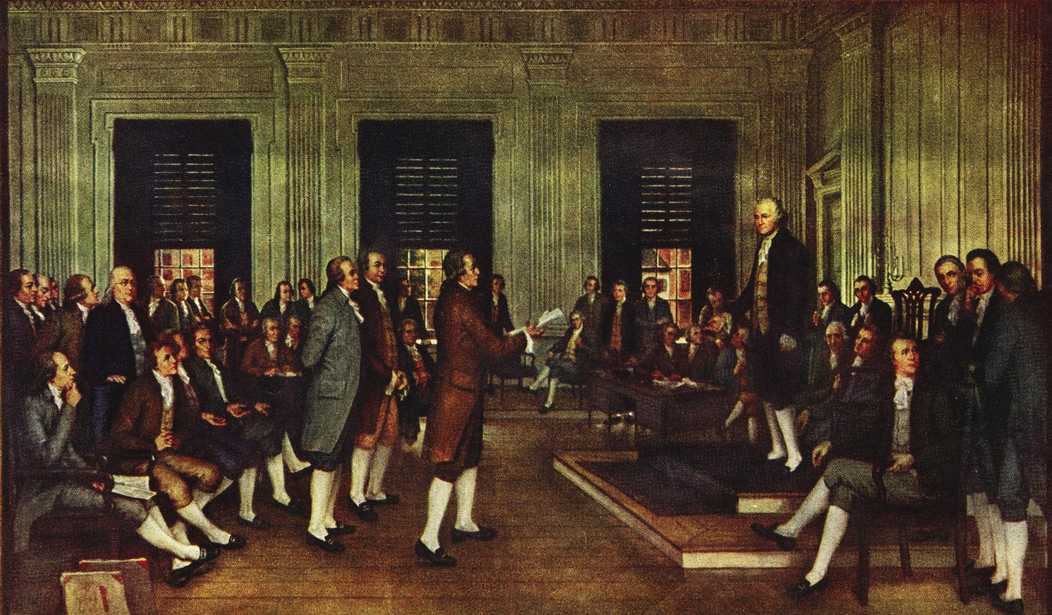Colleges used to be the place where free speech was sacred, but not anymore. Violence to shut down speech on campus is becoming far too common, as is the Heckler’s Veto, another favorite tool of the intolerant left.
Now, a bill moving through Ohio’s state legislature is the latest in state-level attempts to curb these and other abridgments of free speech in liberal academia:
Republican Representative Andy Brenner says his bill would do away with free speech zones, and other things.
“It prevents hecklers vetoes by prohibiting universities from dis-inviting speakers based upon the potential reaction, opposition, offense or irritation taken to that speaker’s expression,” Brenner says. “It makes student activity fees optional. It requires universities to distribute student activity fees in a manner that is neutral to each organization’s viewpoint or expression so in other words, if you are going to charge a fee for one student organization, you are going to charge the exact same fee for all student organizations, regardless of the organization.”
But there are questions about the proposal. And Gary Daniels with the ACLU of Ohio says this organization’s lawyers will be taking a close look at the bill.
“Universities sometimes walk a tight rope between enforcement of their nondiscrimination policies and free speech so many times those things can collide on campus,” Daniels said. “We understand both sides of that but we think, by and large, it’s the First Amendment that wins out. But the problem with constitutional law and law, in general, is much of this can be very nuanced, specific to individual situations so we want to make sure this bill will be striking the right balance there and keeping all of these concerns in mind.”
Among the more contentious issues in Ohio is a policy that bans students from displaying signs in their window at Ohio State University. This is an outright ban on anything, including university flags, so it’s not specifically targeting any particular group, but many still feel it’s problematic.
They’re right.
After all, would an outright ban on all protests be constitutional simply because it doesn’t favor one group over another? Would a ban on all religious texts be fine because it doesn’t favor one faith over another?
Unsurprisingly, the university feels the law is unnecessary:
In an interview with WOSU’s All Sides With Ann Fisher, University President Michael Drake says the ban came about after the construction of new dorms along High Street. But he did not cite a particular reason for the change.
“I could look more carefully at the discussions that took place, but it seemed like a reasonable thing to do,” Drake says.
…
“As we try to layer other nuances on top of something that’s served us well for 240 years almost, I don’t know that they tend to improve it,” Drake says. “I think that the First Amendment is quite clear. Few words only, but very very clear. We do our very best to uphold that.”
Except they’re not upholding that.
While the First Amendment is quite clear, and it’s only a few words, universities throughout this nation seem dedicated to ignoring that clear meaning, and that is why bills like Brenner’s are needed.








Join the conversation as a VIP Member